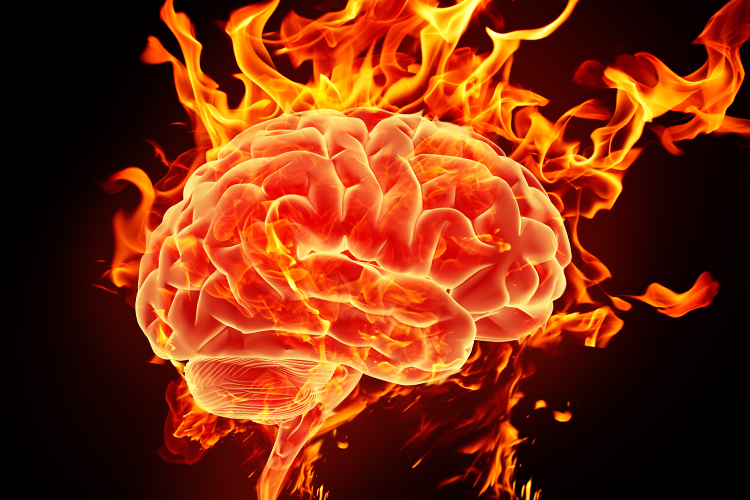Reinvestigation Of H.M’S Brain: A Challenge To The Memory Research

Neuroscience have faced a challenging and iconic case in the brain of Henry Molaison or H. M. He was suufering from a peculiar form of amnesia as certain parts of his brain was removed in the surgery that he had undergone in 1953.
Due to debilitating epilepsy, at the age of 27, H.M. had to undergo a surgical treatment. In this surgery, his medial temporal lobe and hippocampus were removed by the surgeon. After the surgery, it was found that H.M was able to get new memories, and this case brought the fact that hippocampus have a crucial role in to retain the learned matters and facts also the memories are scattered throughout the brain. Jacopo Annese, director of the Brain Observatory in San Deigo, and his colleagues underwent several studies on his brain after his death in 2008. The had to slice out his frozen brain into 2401 slices with each slice having a thickness of 0.07mm. Photographs were taken and created high resolution 3D model of the brain.

PROBLEM IN DETAIL
According to the researches held it was found that H.M was unable to learn new facts and names of people, remember the events etc. But he could recall the events that happened in his childhood and also he had the ability to learn new skills. From the 50 years of study there were several complications that were rising each time of the research so it was required to actually know what had happened to H.M during his surgery.
Neuroimaging techniques came into use in 1992 until then the researchers had to draw the sketches of the brain. In the research work done in 1992 it was found that a part of hippocampus was lost. In the recent studies by Annese and colleagues have taken measurements of H.M.’s brain and found that the lost portion was larger than shown by the brain scans.
The posterior hippocampus deals with memory and this portion was present in H.M ‘s brain. The recent studies are still undergoing and its found that amnesia had further to do with entorhinal cortex that has been removed from the brain.
The recent studies are being done by Neil Burges who is a memory researcher at University College London. According to him the existing datas are proven to be a motivating aspects to the further studies regarding the memory research.
